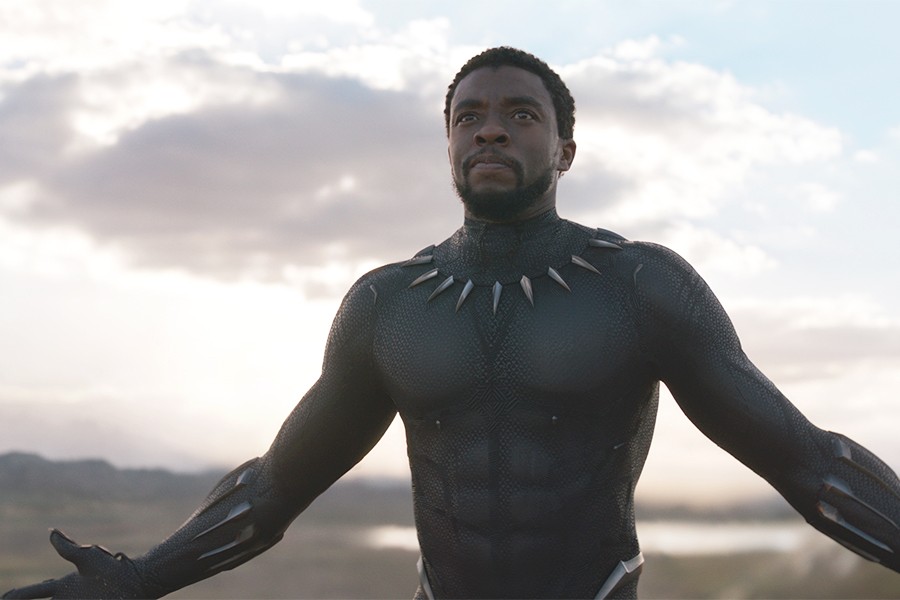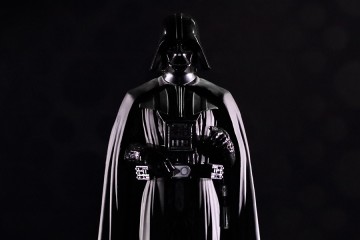In a commentary written for The Hollywood Reporter, Johns Hopkins historian N.D.B. Connolly says Black Panther—the Marvel comic-inspired blockbuster film that opened nationwide on Thursday—"taps a 500-year history of African-descended people imagining freedom, land, and national autonomy."
Its fictional world, Wakanda, is a black utopia that "owes its very existence to centuries of political and artistic activity, always occurring in real places and under the mortal (but still super) powers of real people," Connolly continues, from the 16th century societies established by Africans who broke away from slavery to the island nation of Saint-Domonique (later Haiti) to the 1938 book The Black Jacobins, an account of the Haitian Revolution authored by historian C.L.R. James.
There is nothing authentically African about Wakanda, Connolly cautions. Rather, the place is "a mash-up of Africanisms." But what is historical about Black Pather, he adds, "is how smartly it invokes the history of anti-colonial struggle and age-old visions of black self-determination."
More from The Hollywood Reporter:
Read more from The Hollywood ReporterIts slick, blockbuster look aside, Black Panther, by and large, doesn't feel like a movie thought up around some conference table in Hollywood because it's characters and setting benefit from the dreams—in print and across history—that made [director Ryan] Coogler's complex cinematic world-building possible. In this way, Black Panther doesn't offer a submerged history lesson so much as a trip—a pilgrimage, really—to a place we should all see at least once. "I have been to Wakanda," one enthusiastic, early reviewer explained, "and I may never recover."
Posted in Arts+Culture, Voices+Opinion
Tagged history, film, nathan connolly









